Meet Louise: she has used a hearing aid since childhood, but her ability to hear has now deteriorated so much that she faces the choice of whether to have a cochlear implant. The issue for her is that, if she does, she’ll lose what ‘natural’ hearing she already has, and the sound she hears will be mediated entirely through an electronic device. Louise wonders if that will change her as a person. Adèle Rosenfeld’s debut novel explores how Louise confronts the different possibilities.
Louise is depicted as effectively living between two worlds: not able to get by easily in hearing society, but also unable to embrace Deaf culture. The way she hears is also on a continuum, sometimes straightforwardly intelligible, but more often a fluid experience of sound that leans towards the abstract:
At the supermarket, the voices blurred into a single echo. An epidemic of sorts had spread across all sound: the jam jars that the stock boy was shelving chattered; the product codes’ beeps at the checkout seeped into the women’s stressed syllables like fantastical outbursts; the deli-counter machine let out a hoarse cough. At the checkout, I overheard “bulgur” or maybe “burer”. To a “you” – static – “there,” I answered yes twice without understanding, replied no three times without understanding, and finally declared “I don’t know,” still without understanding.
Translated from French by Jeffrey Zuckerman
This experience extends to how Louise relates to other people. The other characters tend to feel as though they’re at arm’s length, even those closest to Louise, because she has to stretch to reach them. She imagines some characters, such as a soldier whose story springs forth from the words in an auditory test – and they become no less (or more) important to Louise’s experience of the world than ‘real’ people (if the reader can be sure which characters are real, that is).
For me, Louise’s dilemma is perhaps best summed up in the person of Thomas, her lover. On the one hand, he’s willing – more so than any other character – to accommodate Louise’s needs and desires; for example, he adjusts a music recording to make it more accessible to her hearing profile. On the other hand, Thomas is much more enthusiastic about the idea of a cochlear implant than she is. So, would Louise rather engage with the world from here, or step over there into the unknown? Either way, her journey is absorbing.
Jellyfish Have No Ears is published by MacLehose Press in the UK and Graywolf Press in the US.





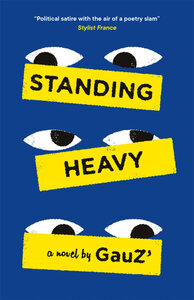

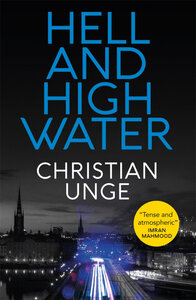

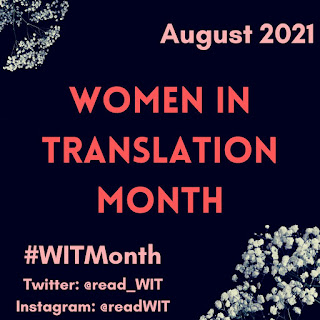
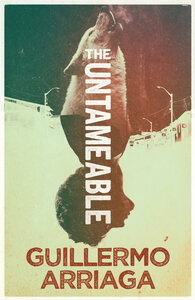
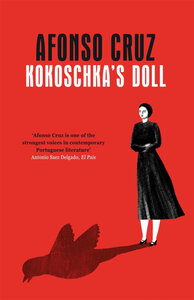
Recent Comments